D'var Torah
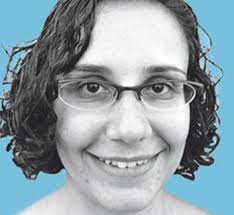
Words and Deeds
Last year at this time, we were hearing the distressing news of the conflict in Gaza. Coinciding with Tisha B’av, which this year occurs in the week to come, Jews everywhere were mourning, and beginning to argue with aching hearts about Israel, and about justice. Parashat Devarim begins with Moses addressing “all Israel.” Rashi suggests...
more
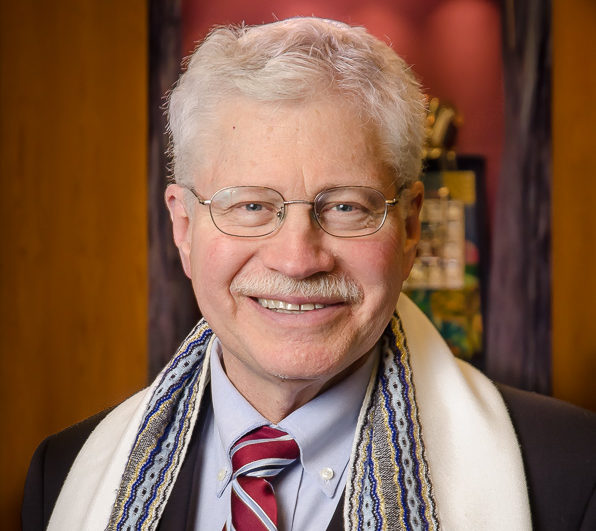
Protesting Leshem Shamayim
The old Yiddish proverb laments, “It is not easy to be a Jew.” Moshe might add, “How much the more so to be a Jewish leader.” Parashat Korach appears in what Everett Fox refers to as “the rebellion narratives” in the Book of Bamidbar. Was Moshe Rabbenu blessed with the congregation from hell? After their...
more
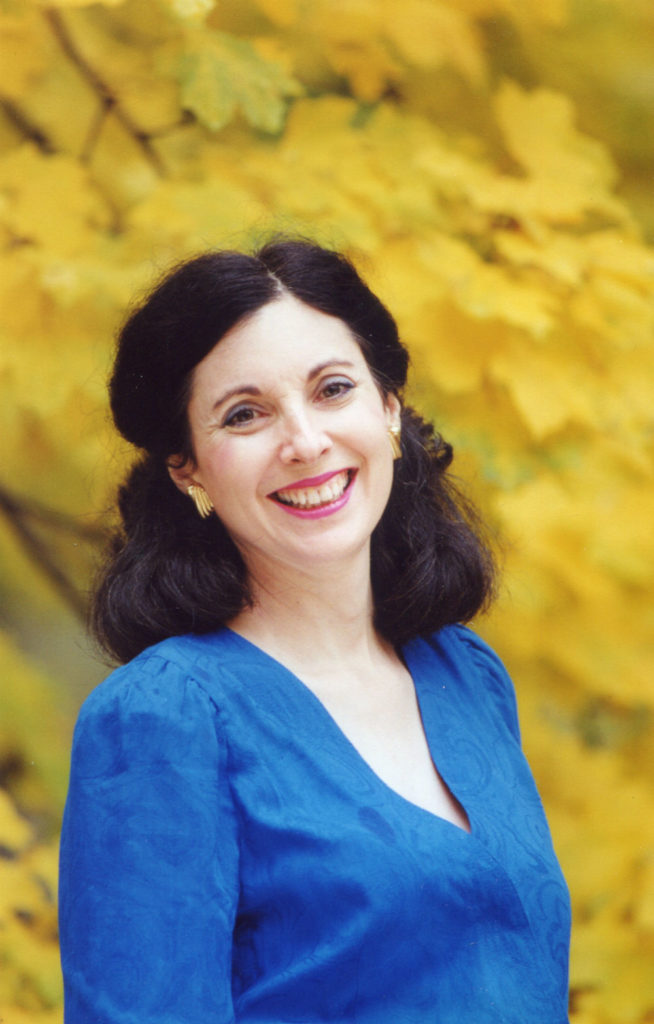
The Paradigm of a Perfect World
For Parshat Chukat, Rabbi Jill Hausman writes about selfishness.
more
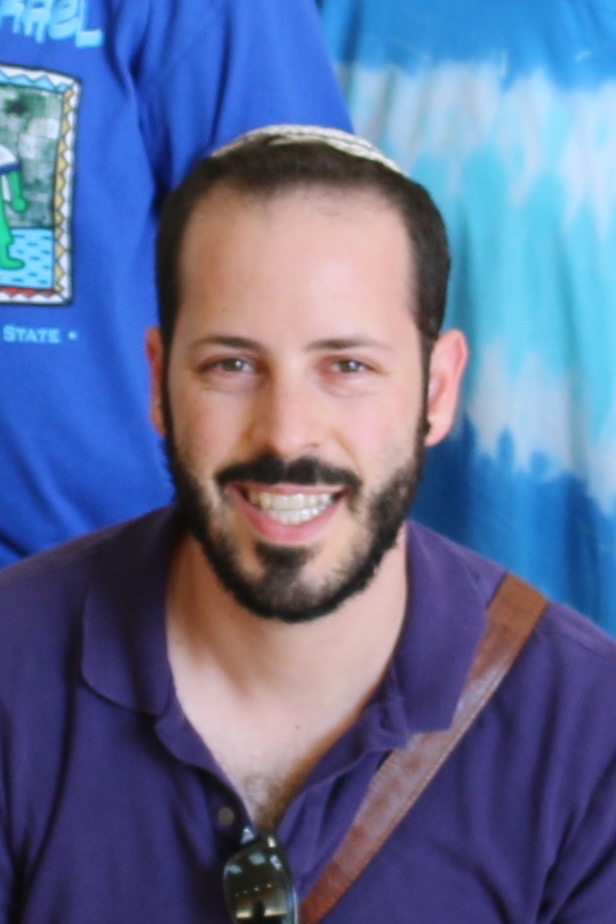
Seeing the Invisible
With the collective stress of thousands of commuters all trying to get from point A to point B, subway transit in New York can be a little overwhelming. When I’m in the city, I deal with the stress like many fellow riders— I behave as though surrounded by a protective bubble. I notice just enough...
more
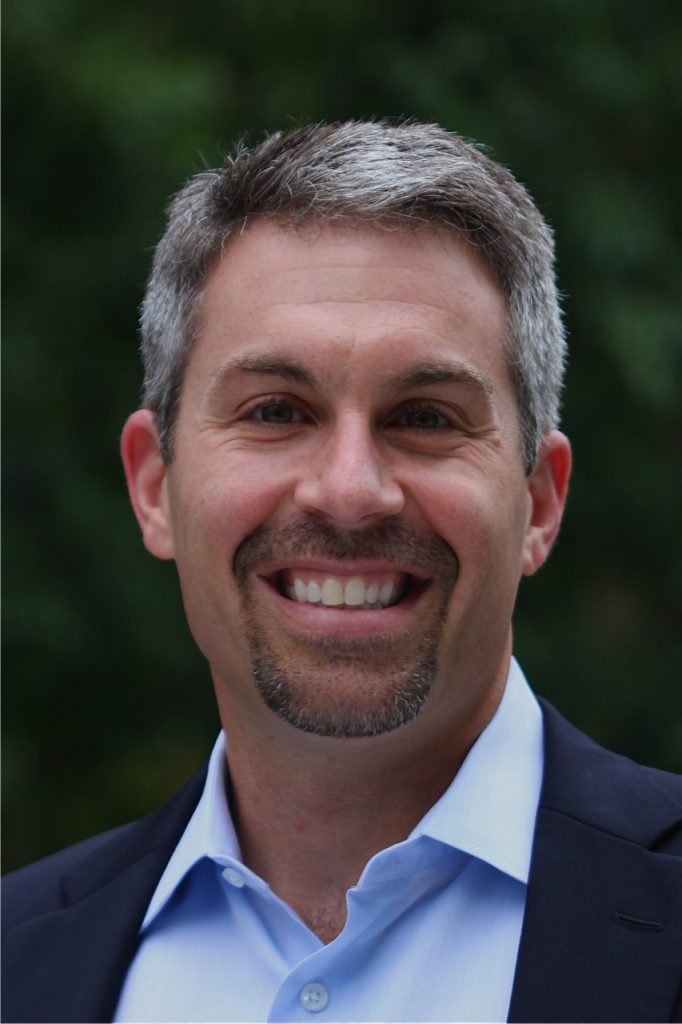
What I Learned In Prison
About three years ago, I was called by the Head Chaplain of the Butner Federal Correction Institution located forty-five minutes north of my home in Raleigh, NC. This is the same penitentiary where (in)famous prisoners like Jonathan Pollard and Bernard Madoff currently reside. The chaplain’s message came with a southern drawl: “Rabbi, we have a...
more
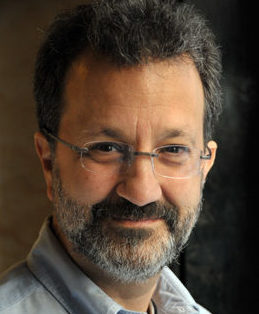
The Holiness of Blemishes
Those of us concerned for the basic human rights of the physically and mentally disabled can easily be dismayed by this week’s Torah portion, Emor. For while Leviticus promises universal access to the sacred, this portion seems to restrict direct access to God to an ever- smaller subset of a tiny priestly minority. This portion...
more
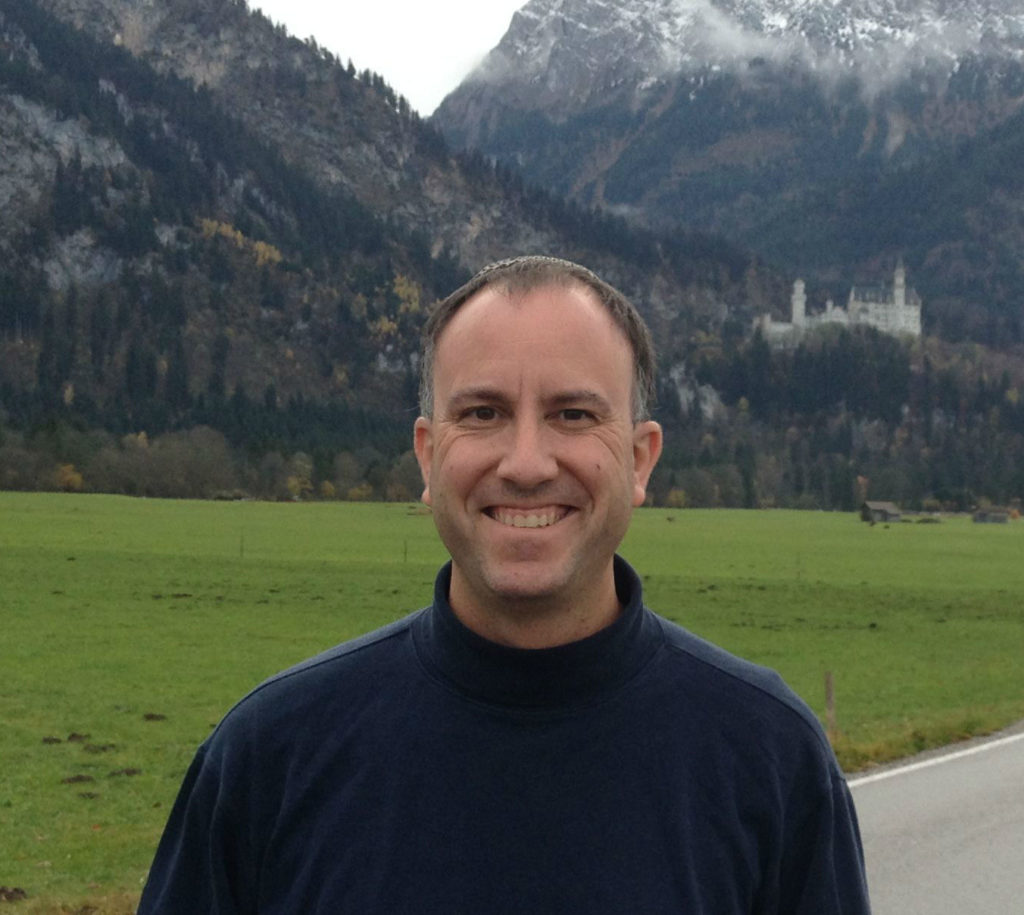
Free At Last?
“Maybe it’s time to move the museum displays to the side,” she said, “and get back to work.” That’s what one of my students said, and I couldn’t have been prouder. Recently, I had the privilege of journeying with members of our staff and teens from our congregation on a service/learning trip to New Orleans...
more
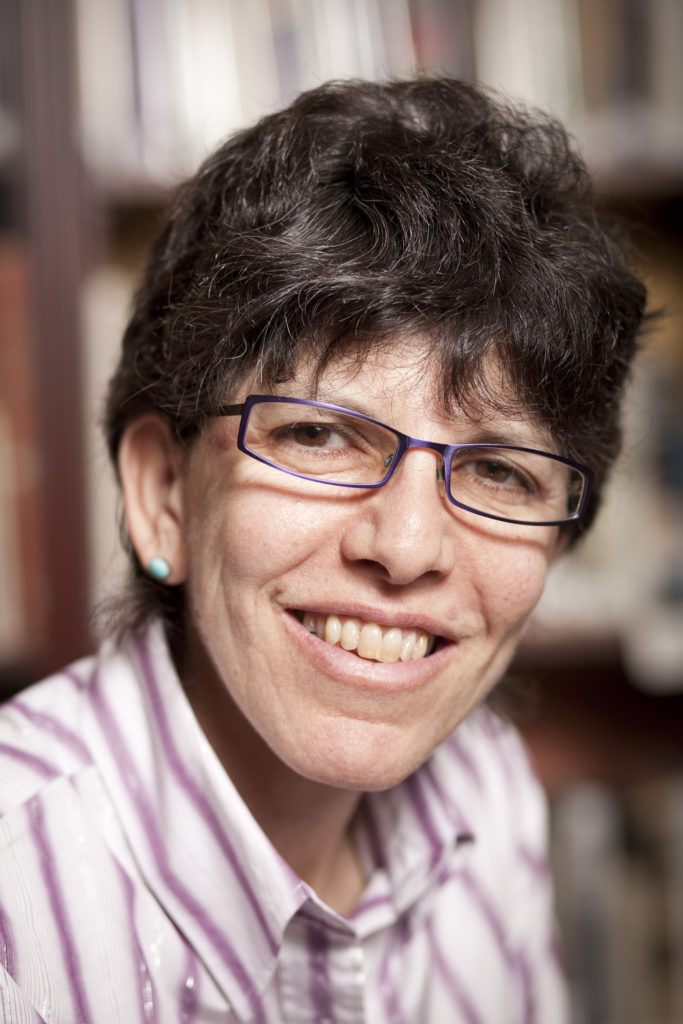
Parashat Bamidbar: The Imperative to Provide Refuge
My father’s family were refugees from Vienna, who fled just before World War II broke out, but not before my grandfather had been deported to Dachau. He remained incarcerated there from November 13, 1938, until January 19, 1939. He knew he had to leave Austria with his family. But leaving wasn’t easy. First, it meant...
more

Peering Outside the Camp
“Joseph’s master had him put in prison…but even while he was there in prison, God was with Joseph.” -Genesis 39:20-21 Bulletproof glass separates me and my congregant. David [not his real name] and I sit opposite one another, in identical, soundproof, cinder-block visiting cubicles at a prison an hour’s drive from my home. He’s wearing...
more

The Logo of the Jewish People
All of Jewish theology can be summed up in this week’s sedra, Beha’alotecha. After many weeks of reading about the events at Mt. Sinai, the cloud of God’s glory lifts from the Tabernacle as a signal for the desert journey to resume (Numbers 10:11). That cloud is the key. We first encountered it as the...
more
